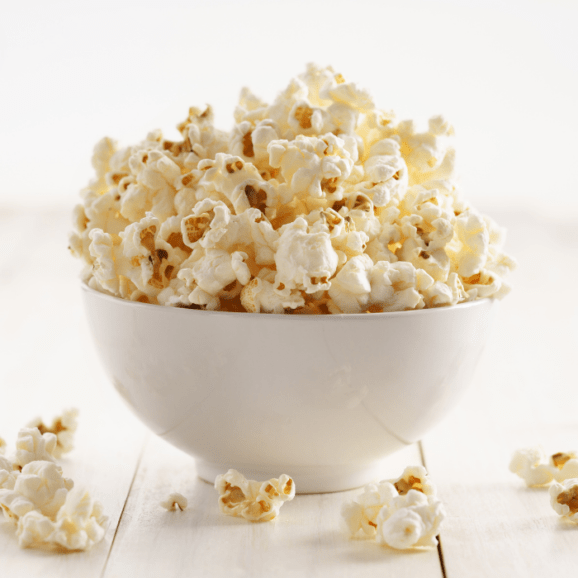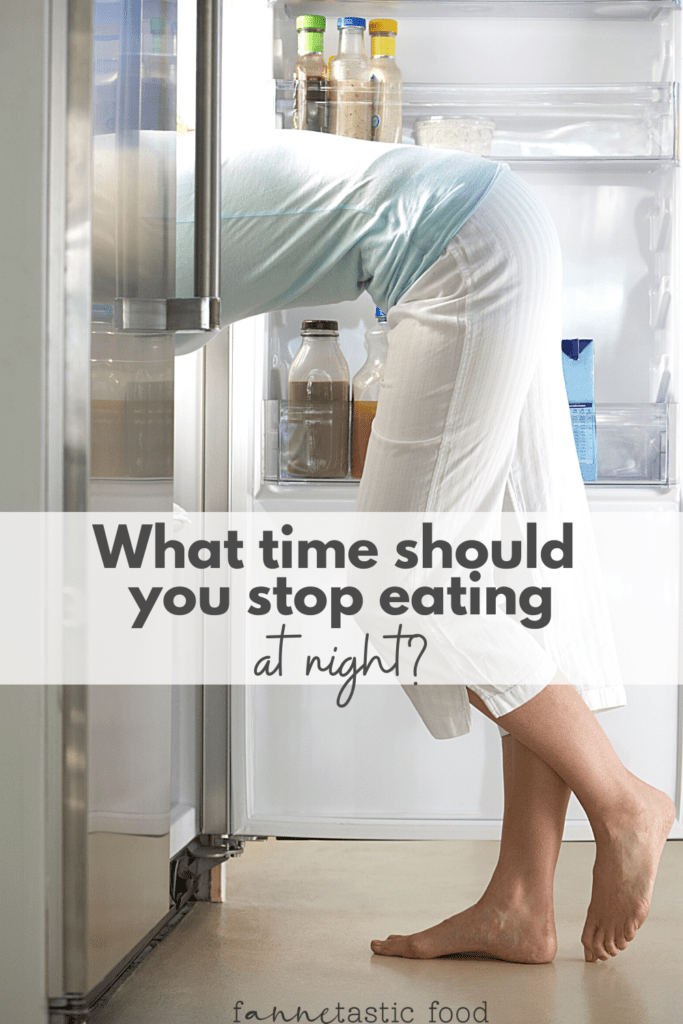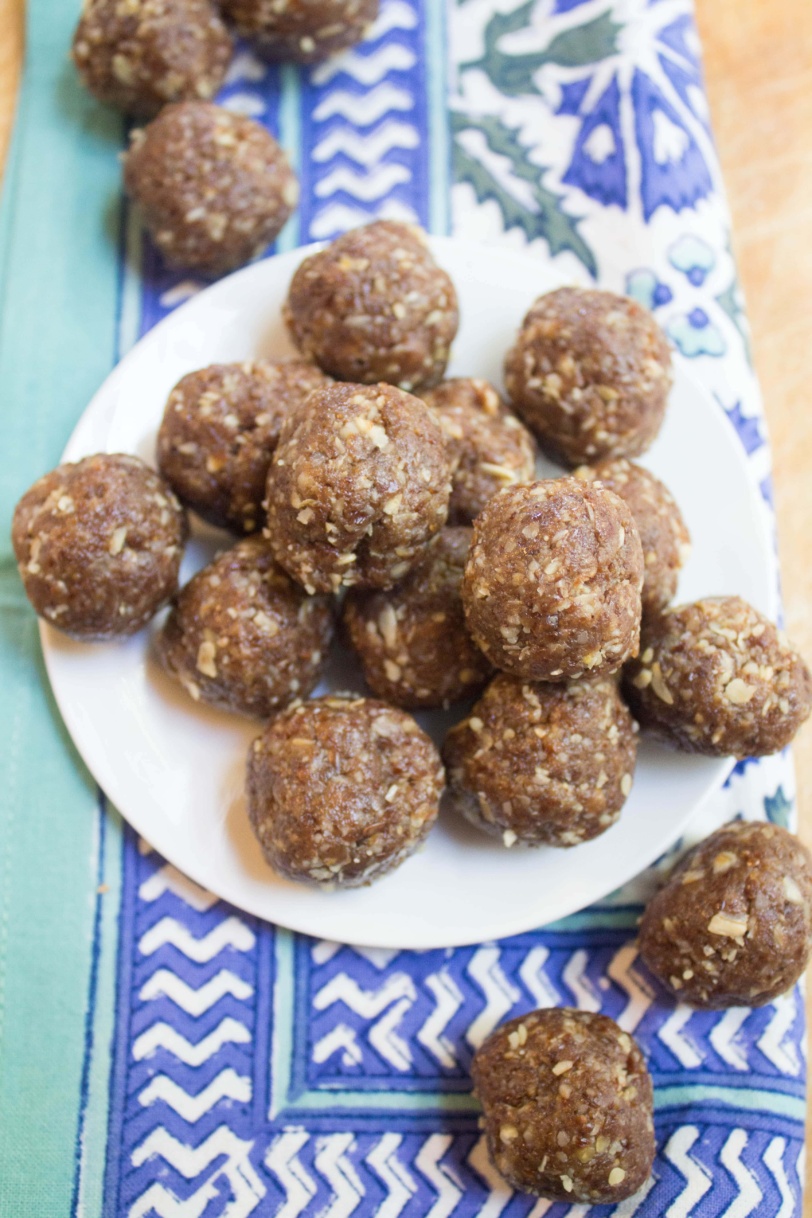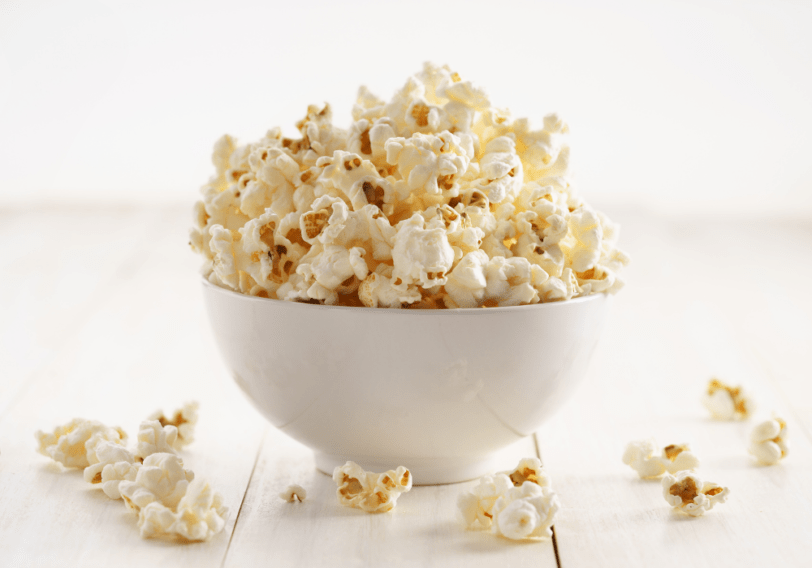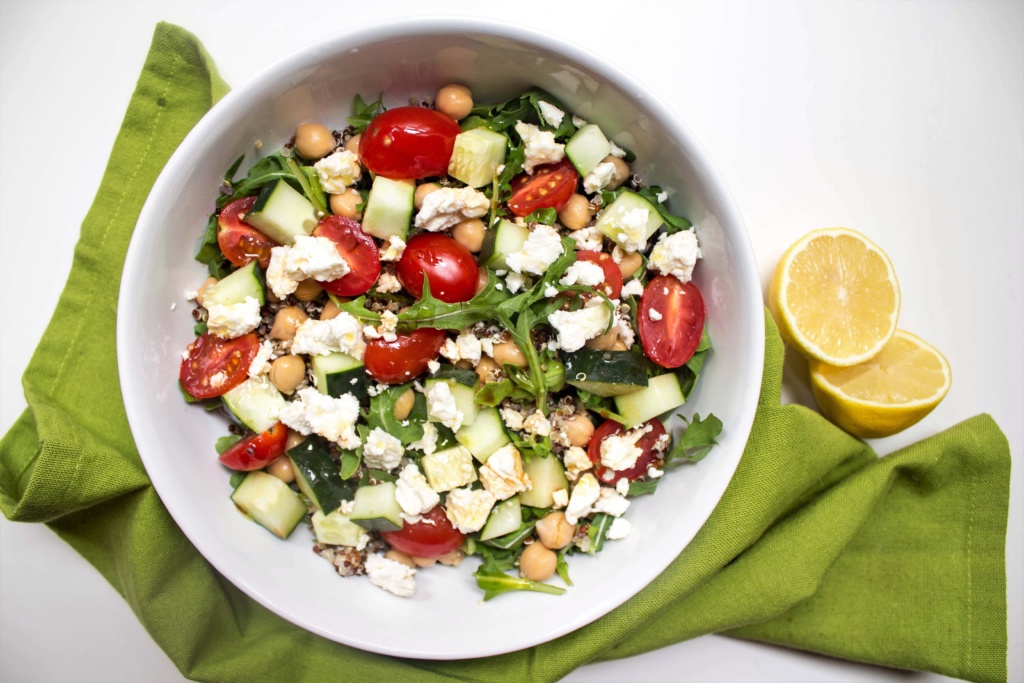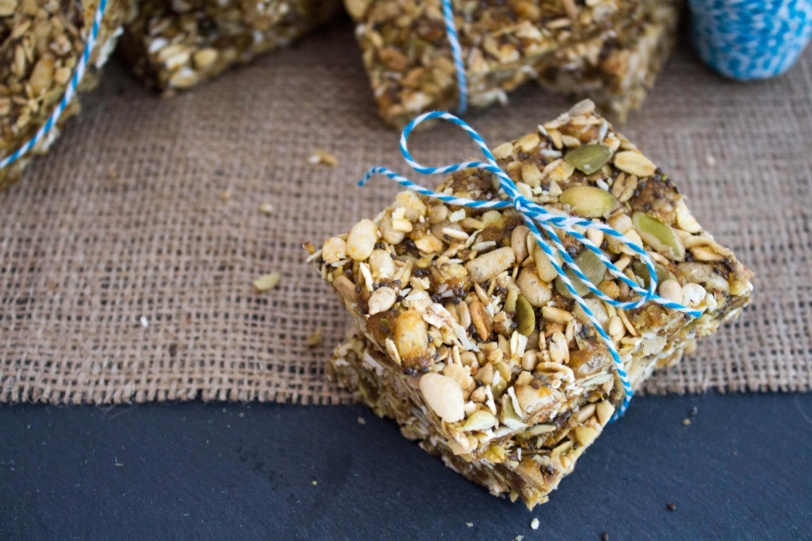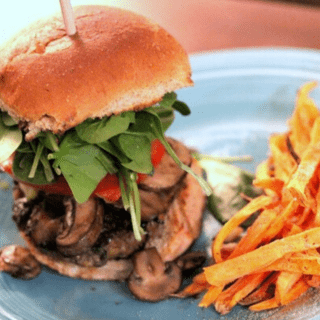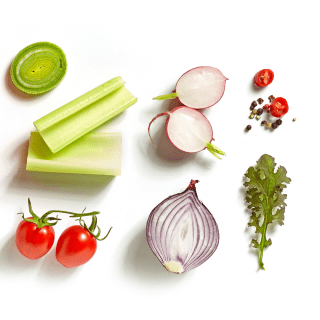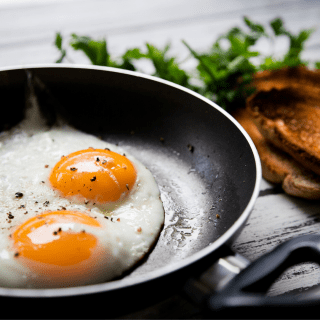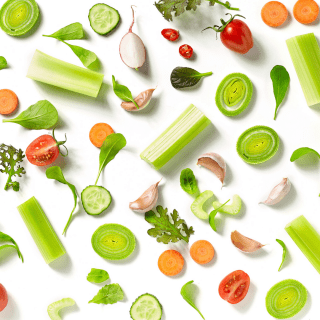What time should you stop eating? If you’re reading this, chances are that you’ve asked yourself this question before.
You may have heard that eating after 7 or 8 pm will immediately make you gain weight, cause indigestion, etc. Cutting yourself off from eating at a certain time is a common diet rule, but it’s not one I suggest you follow. Ignoring your body’s cues will simply leave you waking up starving in the middle of the night.
Let’s explore the topic a bit more today – and also see if you may potentially be setting yourself up for evening hunger, based on your typical eating patterns.
What Time Should You Stop Eating?
Rather than asking for an arbitrary time to stop eating at night, I’d encourage you to tune into your body. Take a look at your usual habits to see if your late night eating patterns are working for you or not.
Here are some questions to ask yourself on this journey.
Why are you eating late at night?
There are lots of reasons we may eat late at night (“late” being a relative term, of course, depending when you go to bed).
For example, consider: are you eating because you are actually hungry?
An example of this is maybe your dinner is super early because you have kids. If so, it would make total sense that by the time you go to bed a few hours later you’re hungry again. Matt and I are definitely on this train, and we both usually have a snack around 8 or 9 because we eat dinner at 6 with Riese.
If you are actually hungry before you go to bed, by all means, have a snack! Ignoring those hunger cues will just lead to poor sleep and potentially waking up hungry in the middle of the night.
Pictured above: my old fave Oatmeal Raisin Energy Bites
On the other hand: are you eating out of reasons other than hunger, like boredom, anxiety, stress, sadness, etc.? Is the eating experience completely checked out/mindless?
Mindless eating can cause you to eat more than your body needs because you may not realize that you’re full.
Mindful eating, which basically just means actually paying attention and focusing on the experience of eating, will help you to savor your food and allow you to listen for cues your body sends you when it is full and has had enough. (See also: a guide to mindful eating.)
It’s hard to enjoy your food and avoid eating past fullness when you don’t even realize you’re eating. Have you ever had that “Wait, is that already gone?” thought with food you’ve eaten while distracted?
In a study published in The American Journal of Clinical Nutrition, researchers found that distracted eaters felt significantly less full after lunch than those who ate without distractions. They also ate about twice as many cookies 30 minutes later than those who ate lunch without distractions.
That said, of course sometimes it’s really nice (and totally normal) to curl up in front of the TV at night with a snack and zone out. I’m not here to make you feel guilty about doing just that – I certainly do that too.
Popcorn is my favorite TV snack and I’m definitely not always completely checked in/mindful when I eat it, and that’s okay! This is not about perfection.
That said, I do think it’s worth taking a look at your late night eating habits if you find yourself frequently going to bed too full, eating when not hungry, or turning to food because you’re trying to cover up/ignore emotions you don’t want to feel.
Did you eat enough earlier in the day?
Often nutrition clients of mine are surprised to find that not eating enough earlier in the day will set them up for strong food (especially sugar) cravings later at night. It’s not about willpower – you simply might be setting yourself up for this by not eating enough earlier in the day!
If you are under-fueling or restricting at breakfast or lunch, then those sugar cravings will come on strong in the afternoon and evening.
Make sure that all your meals include a mix of carbohydrates (don’t leave it out or you’ll crave it even more later), protein (really important for making meals satisfying), and healthy fat (nuts, seeds, avocado, etc. – important for keeping you full longer than 3 seconds).
(Related post–> How Much Protein Should You Eat?)
For example, a typical first half of the day of meals from a client dealing with sugar cravings in the afternoon/evening might be cereal and almond milk for breakfast and a salad for lunch.
Then, sugar cravings start in the afternoon and continue after dinner. Here’s why: cereal + almond milk is essentially only carbs – no protein or healthy fat. That means that you’re getting a blood sugar rush and subsequent crash (because protein and fat slow down the digestion and absorption of glucose aka carbs) and are likely hungry again in an hour.
To make that cereal more satisfying, try adding nuts and seeds on top. This will add healthy fat and a little protein, too. Don’t skimp on the serving – the extra nutrients will go a long way with keeping you full.
Then for lunch, add a carb to the salad. Brown rice, wheat berries, barley, sweet potato, and quinoa are great on salads, or have a piece of bread or crackers on the side.
Also, make sure there is some protein (beans, tofu, meat/fish, etc.) on there, too. And don’t forget the healthy fat! Add some avocado and/or cheese if you’re into it, and use a full fat salad dressing – not fat free or low fat – on top.
From my Healthy Grain Salad Bowls post – lots of ideas for yummy lunches in there!
And don’t forget an afternoon snack! If you wait until you are too hungry to eat dinner (or any meal/snack), it’s harder for your body to feel satisfied, and again you may find yourself with cravings after dinner.
So, what time should you stop eating?
The bottom line is that there is no set time that you should stop eating at night.
What time you should stop eating depends greatly on what works for your body and your lifestyle. What you eat and how much is more important than what time you eat it.
Ideas for Healthy Late-Night Snacks
When I’m in need of something to eat in the later evening, I usually aim to grab a protein-rich, nutrient-dense food that will provide a steady energy source.
That doesn’t mean that I don’t sometimes grab ice cream or a cookie or whatever. But I try to focus on when I’m really craving those things vs. when I would be happy eating whatever and just need some fuel to tide me over until morning.
Here are a few of my favorite snacks to have in the evening that include a mix of protein, fat, and carbs:
- Dark chocolate chunk and a handful of nuts
- Popcorn (I like topping it with nutritional yeast for a yummy cheesy flavor + extra nutrients)
- Apple slices or a banana with nut butter
- Cottage cheese and fruit
- Cheese and crackers
- Fruit (fresh, dried, or freeze-dried!) and cheese
- Crackers and guacamole or hummus (or try my Lemon Avocado Hummus recipe, which is basically a hummus + guac combo!)
- Toast and nut butter
- Snack balls (see my Easy No Bake Energy Bites post for tons of recipe ideas)
- Greek yogurt or kefir with fruit
- Hard or soft boiled eggs
- Muffins (check out my Healthy and Easy Muffin Recipes post for ideas)
- Applesauce and nuts or seeds
- Trail mix
- Bowl of granola or cereal and milk
- Edamame
- No Bake Homemade Granola Bars with Peanut Butter (pictured below)
What are your favorite satisfying evening snacks? I’m always up for more ideas!
If you found this post interesting, here are a few others to check out:


